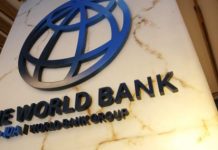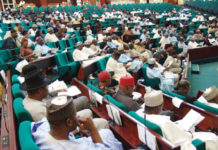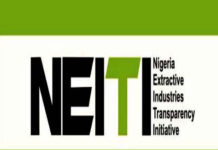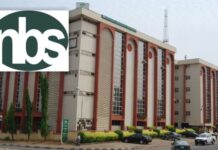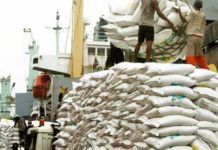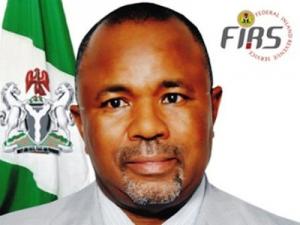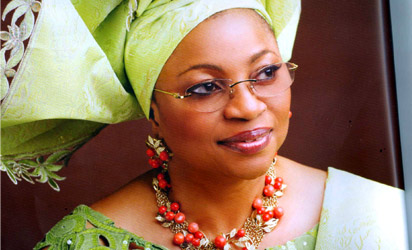In its move to commence the implementation of its Integrated Tax Administration Systems (ITAS) and the Government Integrated Financial Management Information System (GIFMIS) across the tiers of government, the Federal Inland Revenue Service (FIRS) has taken its campaigns to manufacturers.
FIRS said the move became necessary to enhance compliance of many businesses to tax regulations by automating its processes and that it would soon replicate the Value Added Tax (VAT) collection system in the Aviation industry to other sectors of the economy.
Besides, the revenue agency urged manufacturers and businesses within the value chain to harness opportunities availed them through tax incentives to cushion the effect of taxation on their businesses.
Speaking at a seminar organised by Manufacturers Association of Nigeria (MAN) on Tax Compliance by business operators in Lagos, The Deputy Director, FIRS, Adeniyi Orebajo explained that manufacturers and businesses need be properly enlightened on the issue of tax administration in the country, especially in the areas of registration and filing of returns to revenue agencies.
According to him, most of the challenges encountered by many businesses have to do with the way they register their companies and how they file returns.
“Most firms are not in tune with latest developments in terms of review of tax laws. Most firms still fail to register their businesses for tax within the stated time frame while dormant companies fail to notify revenue agencies of the state of affairs in their firms. If many businesses can address this trend, there will be fewer issues concerning tax administration. Nigeria still has one of the most favourable tax laws in the world compared to other economies.”
Orebajo however urged manufacturers and businesses within the value-addition chain to take advantage of the opportunities in the tax incentives provided by government, this he said, would provide a lot of relief for many businesses.
“There are various incentives that manufacturers can tap into. Some of them include, funds invested in public infrastructure under investment allowance, replacement of obsolete machinery, research and development among others. They can take advantage of it. What the government would not accept is the issue of tax evasion and late remittance of taxes”, he added.
The President of MAN, Chief Kola Jamodu said the level of compliance to tax by many businesses remain low in Nigeria as a result of unclear definitions of tax responsibilities as well as the punitive approach to the tax laws.
To this end, MAN has urged federal and state governments, in the mean time, to address the issue of tax administration especially at the local government level in order to ease doing business in the country.
Specifically, the manufacturers decried poor interpretation of tax responsibilities among the agencies as well as the multiplication of tax by local councils.
Jamodu, who was represented by the association’s treasurer, Lawrence Osayemi, explained that MAN was not querying government on the power to tax businesses but the exposure to variations of taxes, some of which are being multiplied across the agencies.
According to him, businesses will only thrive in an environment where there is an ease of doing business and proper definition of tax liabilities.
“The cost of doing business in Nigeria, especially in Lagos state remains high as a result of multiple taxations, especially at the local government level. The multiplication of taxes at the tiers of government has created problems between manufacturers and government, a situation to which we hope to find a lasting solution. There is too much focus on tax collection than encouraging businesses to grow. It is high time government looked inwards to seek measures to address this trend”, he added.
On his part, the Chief Executive Officer, Lagos State Internal Revenue Service (LIRS), Tunde Fowler while speaking on the areas of conflict between tax administrators and business operators corroborated Orebajo’s view on the need to be properly enlightened on the reviews in tax regulations.



